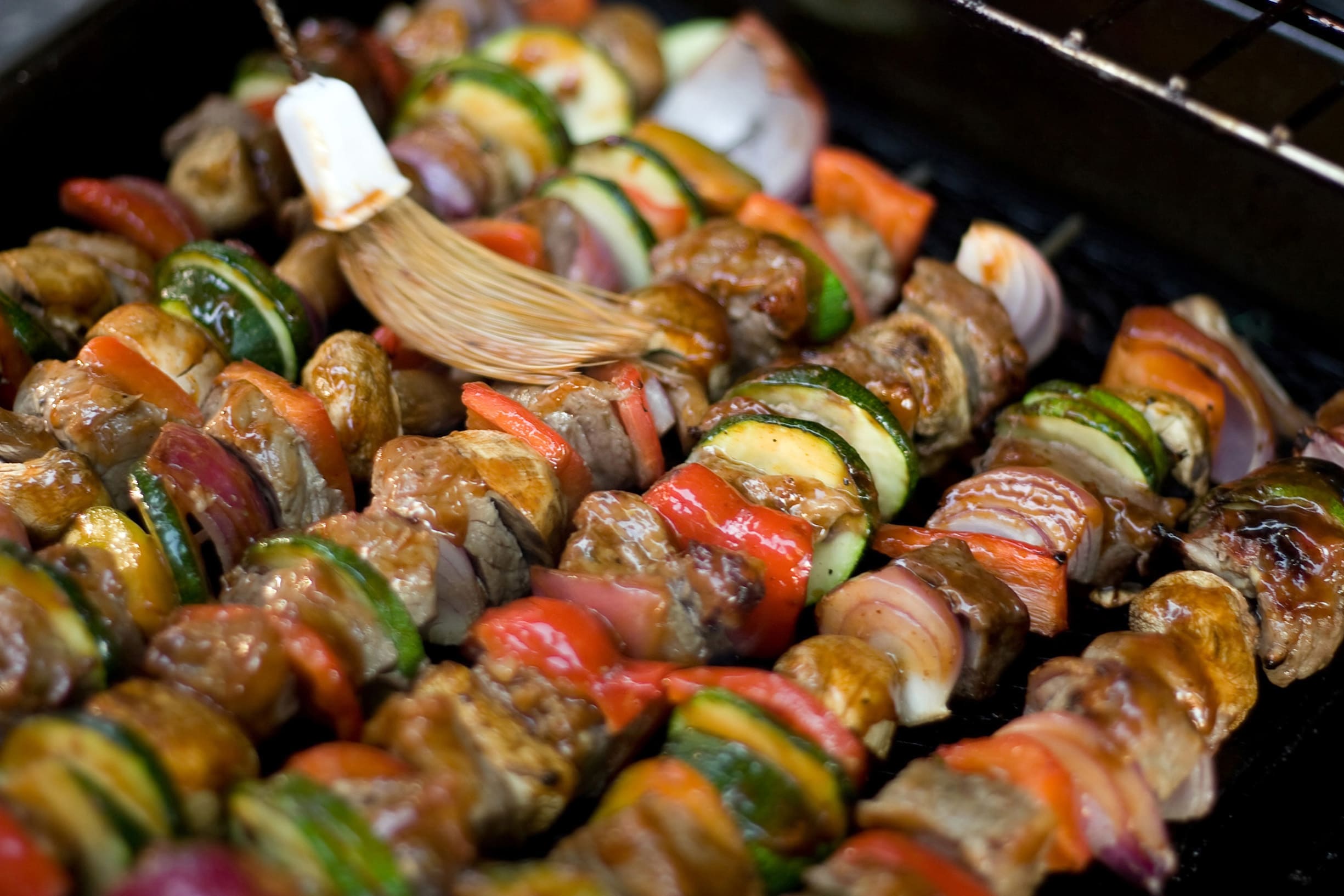Reviewing the Facts about a Liquid Flavor-Enhancer: Marinade
While a marine catering company could decide to spend money on brand-name marinades, a smarter move would entail asking on-board chefs to prepare those same, liquid flavor-enhancers. Of course, if such a request were made, then the maritime catering company that has issued such a request ought to undertake a certain action. It should supply the chefs on the catered vessels with three specific categories of ingredients.
The three categories of ingredients in all marinades
First of all, any cook that has been asked to prepare a few different marinades should have in his pantry several foods that can serve as the source of either an acid or an enzyme. The types of liquids that belong on a listing of acids include vinegar, buttermilk, peach nectar, citrus juices and cranberry juice. Yogurt, milk, pineapple juice, papaya juice and honey belong on a list of liquids that can function as an enzyme source. Because a marinade contains either an acid or an enzyme, it can carry out a dual function. It can deliver an extra measure of flavor, and it can work to tenderize the marinade-soaked meat or poultry. Of course, neither an acidic liquid nor an enzyme-packed marinade can retain the moisture in a marinated meat. That fact points out the reason that a cook charged with a marinade’s preparation must have access, as well, to either fat or oil. The citrus-containing and vinegar-containing marinades deliver a stronger flavor than those made by using nectar or juice. Of course, a clever chef should know how to enhance a weaker flavor. In order to accomplish that specific task, an on-board cook needs to use one or more special seasonings.
Other tips for marinade-making chefs employed by marine catering companies
A cook should never add salt to a kitchen-made marinade. Once meat or poultry has been soaking in one of a cook’s in-house marinades, then it should not undergo any type of “pat-down.” Cooks should schedule at least one time period during which the marinated food must get turned. While being marinated, meat should remain in a sealed container, but not one that is made of aluminum.
Actions that confirm a chef’s mastery of the marinade-making process
Sometimes, an on-board chef would like to serve chicken with crispy skin. If that is the case, then the same professional cook ought to make sure that some sweet ingredient has been added to the mix of items in the chosen, liquid flavor-enhancer. Finally, every on-board cook needs to respect a marine catering company’s concerns, regarding safety. One action that some inexperienced person might try in the kitchen allows the marinade’s useful function to vanish. Then, after it has vanished, that once useful flavor enhancer gets linked to this particular label: “threat to safety.” Certainly no member of ship management would expect to have such an item in the vessel’s kitchen. Consequently, chefs that want to use a leftover marinade as a sauce should first boil that same liquid for 3 to 4 minutes. In that way, those well-intentioned, professional cooks can eliminate the chance that some type of micro-organism might get consumed by a member of the team on the catered cargo vessel. Obviously, all marine catering companies want to avoid that dreaded possibility.

